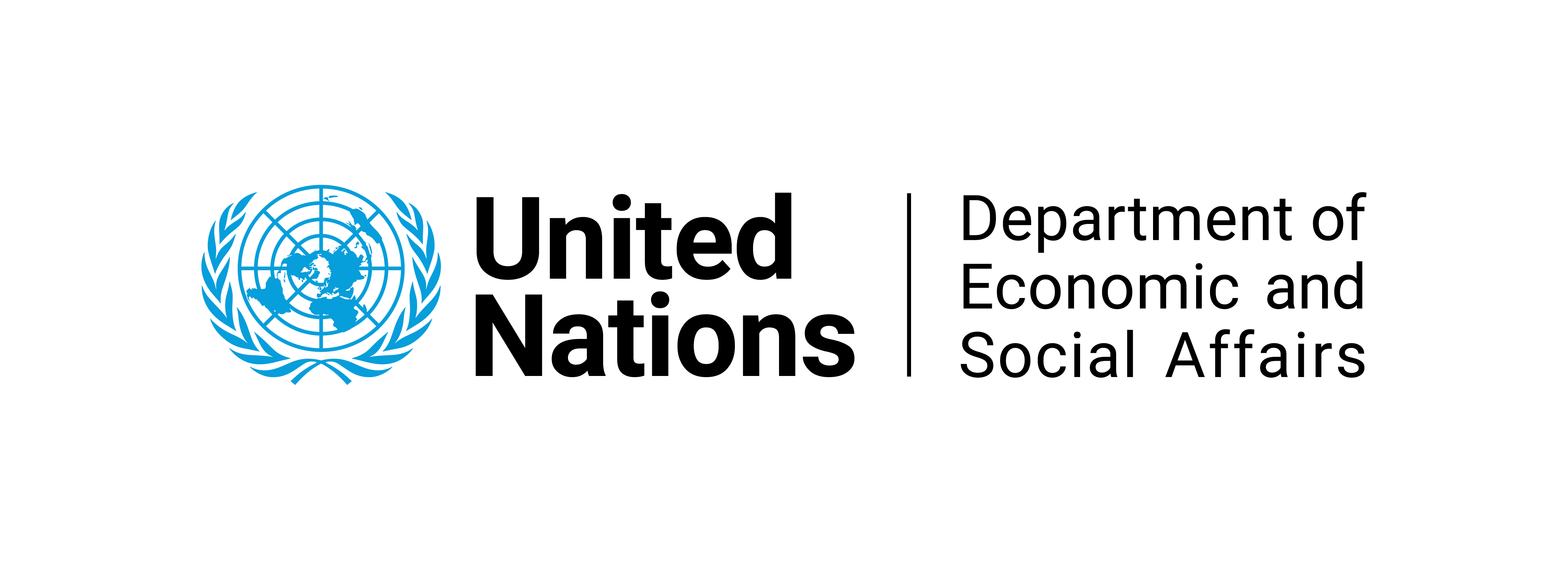2.1 Official statistics#
In most countries, national authorities undertake to compile, process, and publish, systematically and regularly, numerical information – statistics – on the various phenomena affecting the development and well-being of people. These are termed official statistics and aim to describe the demographic, economic, environmental, and social development and situation in a given country. They are concerned with measuring and analysing the progress of nations – or the lack of it.
Official statistics provide a factual basis for assessment and decisions on economic, social and environmental issues at all levels of society. Thus, government and politicians use the statistics to evaluate and formulate policies and measures that national authorities may undertake to influence developments and improve the prevailing situation – overall or in specific areas. Official statistics are also the basis for businesses to evaluate the economic situation and allow them to make informed business decisions. They also allow the media, various organizations, and the community at large to assess situations and developments and formulate their opinions and attitudes thereon. In all member states of the United Nations, the national authorities recognise their duty and responsibility to provide their people regularly with statistical information on the state of their countries.
